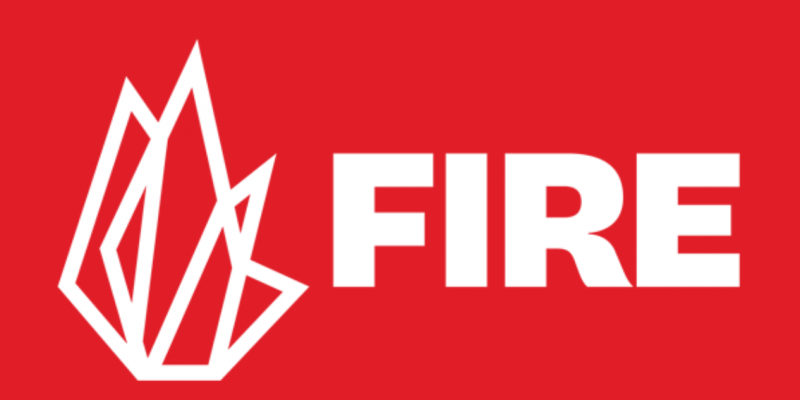The Foundation for Individual Rights in Education (FIRE) relaunched its Legal Network encouraging attorneys to defend student and faculty First Amendment rights after it earned its 13th win in court earlier this year.
More than 90 percent of top public colleges maintain policies that restrict First Amendment rights, FIRE calculates. The nonpartisan, nonprofit organization argues the First Amendment rights in need of protection on college campuses in America include freedom of speech, freedom of association, due process, legal equality, religious liberty, and sanctity of conscience.
“FIRE Legal Network members are our greatest partners in forcing colleges and universities to defend unconstitutional speech codes in court,” FIRE Director of Litigation Marieke Tuthill Beck-Coon said. “Colleges and universities can’t ignore FIRE’s lawsuits, and our growing list of successes serves as a reminder to schools across the country that they need to respect student and faculty rights.”
Its legal network has helped make possible 13 settlements with universities since its Stand Up For Speech Litigation Project was launched in 2014, when it filed four lawsuits in July of that year.
One of those lawsuits was settled this January when Chicago State University (CSU) agreed to pay $650,000 to two faculty members. The faculty members sued the school after administrators tried to silence a blog critical of the then-sitting CSU administration.
As part of the settlement, CSU agreed to reform its cyber-bullying and computer usage policies, which were challenged as unconstitutional in the lawsuit.
“This case should remind administrators of state universities they are not a law unto themselves and must obey constitutional commands,” attorney for the plaintiffs, Robert Corn-Revere of Davis Wright Tremaine, said. “Universities can only serve as a true marketplace of ideas when preserving and protecting the First Amendment is a core part of their mission.”
In 2015, after an eight-year-long legal battle, also led by Legal Network member Robert Corn-Revere of Davis Wright Tremaine, Valdosta State University agreed to pay $900,000 to settle a lawsuit brought by former student Hayden Barnes. The college expelled Barnes without a hearing for a collage he posted on Facebook protesting a campus building project.
In 2017, Legal Network member Arthur Willner of Leader Berkon Colao & Silverstein LLP joined with FIRE attorneys and Los Angeles Pierce College student Kevin Shaw to challenge a small free speech zone at Los Angeles Pierce College. As a result, the community college district agreed to revise several speech-restrictive policies and pay $225,000 in attorneys’ fees in 2018 after a federal district court ruled in Shaw’s favor.
Ninety percent of the 466 colleges and universities in FIRE’s Spotlight on Speech Codes 2019 report restrict student expression. According to FIRE’s ranking, schools are assigned colors that correspond to the level of restriction of speech on their campuses.
Only 49 schools with a combined student enrollment of more than one million, hold the highest distinction of a “green light” rating.
A “yellow light” rating indicates that a school “maintains vague policies that could be applied to restrict constitutionally protected speech.”
Roughly 30 percent of schools have “red light” ratings, which indicate policies that “clearly and substantially imperil free speech.”
The latest university to receive a “green light” rating is North Carolina State University. In total, 11 North Carolina colleges and universities have a “green light” rating.
Seven schools in Louisiana are classified as “red light” schools; three as “yellow light.”
This article was first published by The Center Square.
Advertisement
Advertisement

